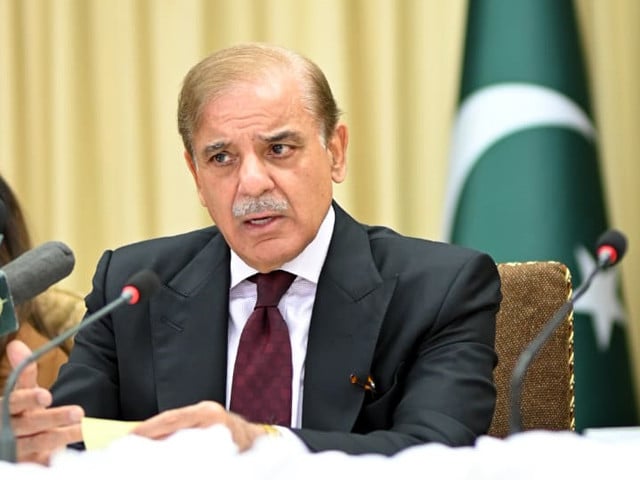ISLAMABAD: In order to bring reforms to the power sector, Prime Minister Shehbaz Sharif has directed the power division to submit a report on the implementation of four critical decisions by the end of June 2024.”
According to sources, Prime Minister Sharif has tasked the power division with submitting a comprehensive report on the implementation of four decisions by June 30, 2024. These directives were issued during sectoral briefings of the power sector, chaired by the Prime Minister on April 15 and April 16, 2024.
One of the foremost actions directed by PM Sharif is the phasing out of subsidies for household consumers. Instead, he proposed that direct subsidies be provided through the Benazir Income Support Program (BISP). This move aims to streamline financial assistance and ensure that subsidies reach the most deserving segments of the population.
Furthermore, the Prime Minister emphasized the need to replace inefficient fans, which contribute significantly to energy wastage. He has called for a detailed financing plan to facilitate this replacement process, involving commercial banks and microfinance institutions. The goal is to encourage consumers to adopt more energy-efficient appliances, thereby reducing overall electricity consumption.
“For replacement of inefficient fans, PM sought financing plan for replacement of inefficient fans to be finalized with commercial banks and micro finance institutions,” said sources.
The sources said that in addition to these measures, PM Sharif has highlighted the importance of boosting the production of high-quality fans within the country. This initiative not only aims to promote energy efficiency but also to support local manufacturing industries, thereby contributing to economic growth and job creation.
It is also learnt from sources that to further address the issue of surplus electricity, Prime Minister Sharif has directed the creation of a separate tariff for Special Economic Zones (SEZs). This move is particularly focused on SEZs under the China-Pakistan Economic Corridor (CPEC). The power division has been instructed to obtain the necessary approvals from the federal government and the National Electric Power Regulatory Authority (NEPRA) for this new tariff category.
Power Division to get approval of federal government and NEPRA for creation of a separate tariff category for the provision of electricity to SEZs (CPEC SEZs), said source.
According to sources, this separate tariff for SEZs is expected to facilitate the utilization of the surplus electricity, providing cheaper power to these economic zones and thereby promoting industrial growth. This initiative is seen as a strategic move to attract both local and foreign investment, enhancing the overall economic landscape of the country.
Sources also said that these directives from the Prime Minister are part of a broader strategy to tackle the complex issues facing the power sector. By focusing on energy efficiency, targeted subsidies, and industrial growth, the government aims to manage the surplus electricity more effectively while also addressing the high cost of power, sources added.
It is pertinent to mention that the surplus and expensive electricity of 1600MW has become a significant challenge for the federal government. Prime Minister Shehbaz Sharif is making concerted efforts to ensure the efficient use of this surplus electricity. Through these four key directives, the government aims to address the pressing issues in the power sector, streamline energy consumption, and support economic growth by providing cheaper electricity to Special Economic Zones.
























